Risk of Being Scooped Drives Scientists to Shoddy Methods
Models suggest that the race for quick results and the importance of being the first to publish is leading to lower scientific standards.

Send us a link
Models suggest that the race for quick results and the importance of being the first to publish is leading to lower scientific standards.

Scholarly publishers still do not meet researchers' needs. Doing so would require that they rethink existing businesses and organizational models.

What research caught the public imagination in 2020? Check out Altmetrics' annual list of papers with the most attention.
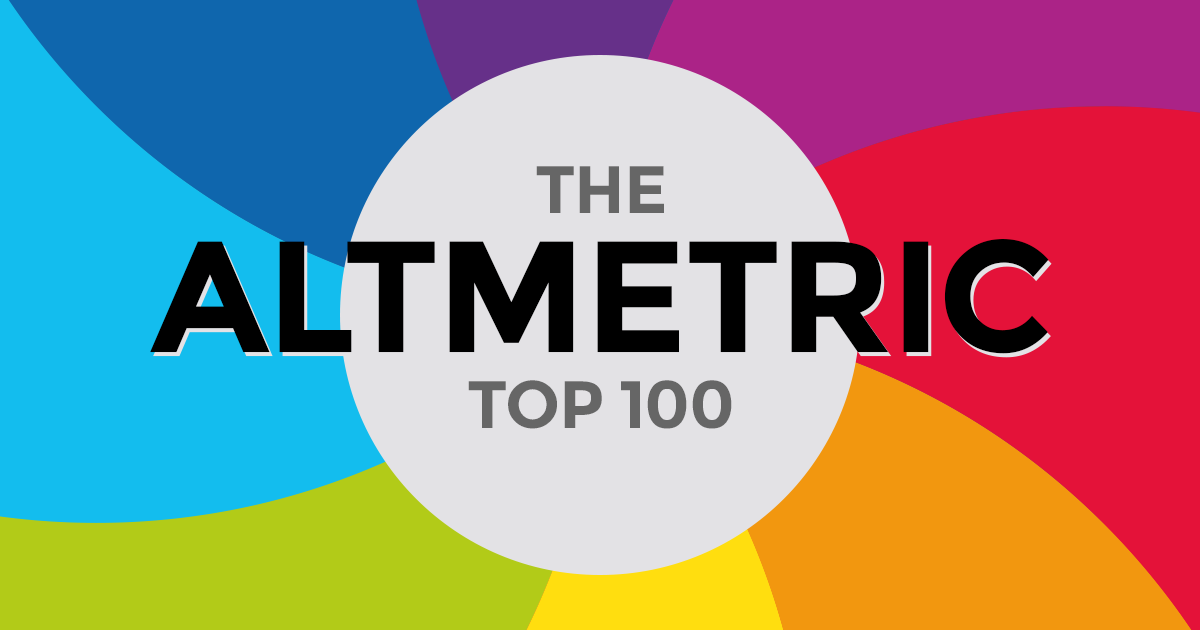
Open Science is not a finish line, but a means to an end. Widespread adoption of Open Science policies would improve the transparency, reusability and connectivity of scientific outputs.

This article provides a granular, step-by-step calculation of the costs associated with publishing primary research articles, from submission, through peer-review, to publication, indexing and archiving.
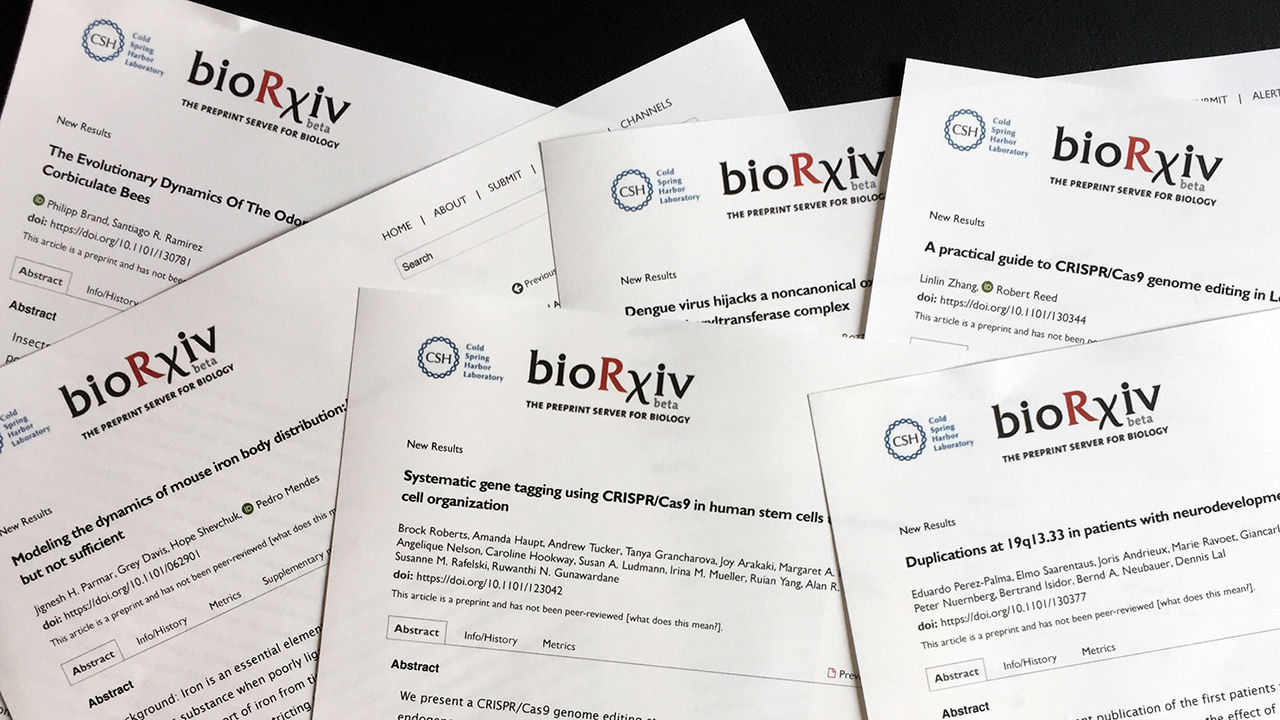

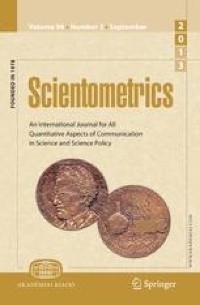
The open access debate has revealed the complicated and contradictory nature of the academic publishing landscape in which trade unions have a role to play.

Should publishers track the ethnicity of the researchers contributing to their platforms?

This guide wants to inform researchers about the Creative Commons (CC) licence system
This year's open access week will be talking to a number of researchers.
Publishers have retracted more than 20 COVID-related papers. Are they learning from their mistakes and fixing process failures?
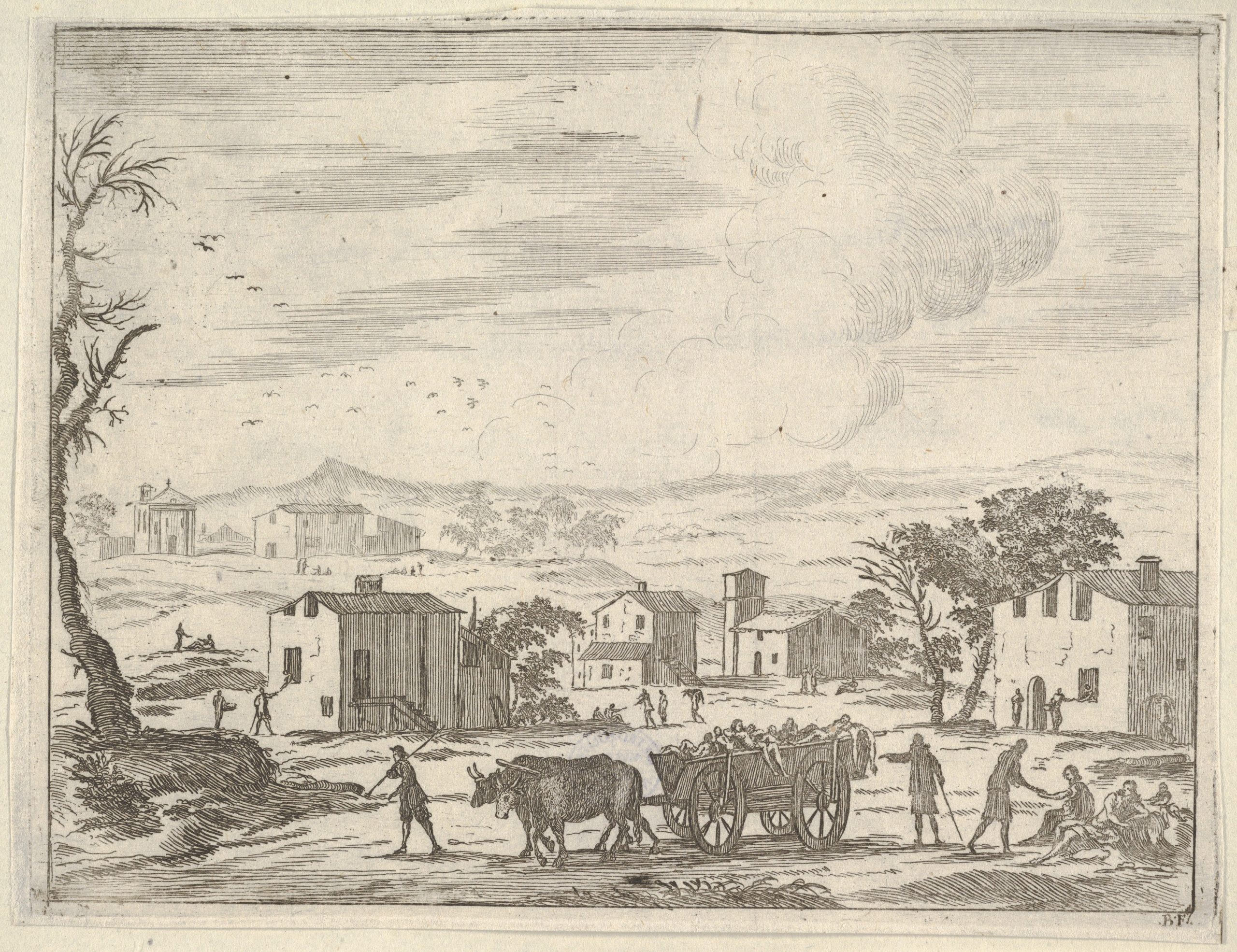
The Open Access Tracking Project (OATP), initiated in 2009, is a crowd-sourced social-tagging project that runs on open-source software. It captures news and comment on open access (OA) to research in every academic field and region of the world.
New report published by Springer Nature analyses usage patterns across open access and closed books.The results show higher geographic diversity of usage, higher numbers of downloads and more citations for open access books.
Most open access journals lack the technical means and plans to preserve their articles, despite a mandate from some funders that they do so. Specialists worry about a potential loss to scholarship.

Author affiliations, and the ability to link them to publications and other scholarly outputs, are vital for numerous stakeholders across the research landscape. With the launch of the Research Organization Registry (ROR) in 2019 (which Crossref has helped to develop), the landscape is changing. ROR IDs are an opportunity to make affiliation details easier for publishers to use and easier for those who rely on this data.

Women's journal submission rates fell as their caring responsibilities jumped due to COVID-19. Without meaningful interventions, the trend is likely to continue.
This paper presents a state-of-the-art analysis of the presence of 12 kinds of altmetric events for nearly 12.3 million Web of Science publications published between 2012 and 2018.
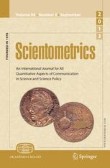
Kaoru Sakabe is academic publishing’s version of an in-house detective. In 2017, she and editors at the Journal of Biological Chemistry (JBC) conducted a pilot study looking for image manipulation in accepted papers. When 10% of papers came back with a possible issue, the team was shocked.
While a growing awareness of racial disparities has resulted in a groundswell of support for inclusivity in scholarly publishing, the resulting initiatives would be more effective if professional associations were able to provide training materials to help transform organizational cultures.

Hong Kong Principles seek to replace 'publish or perish' culture.